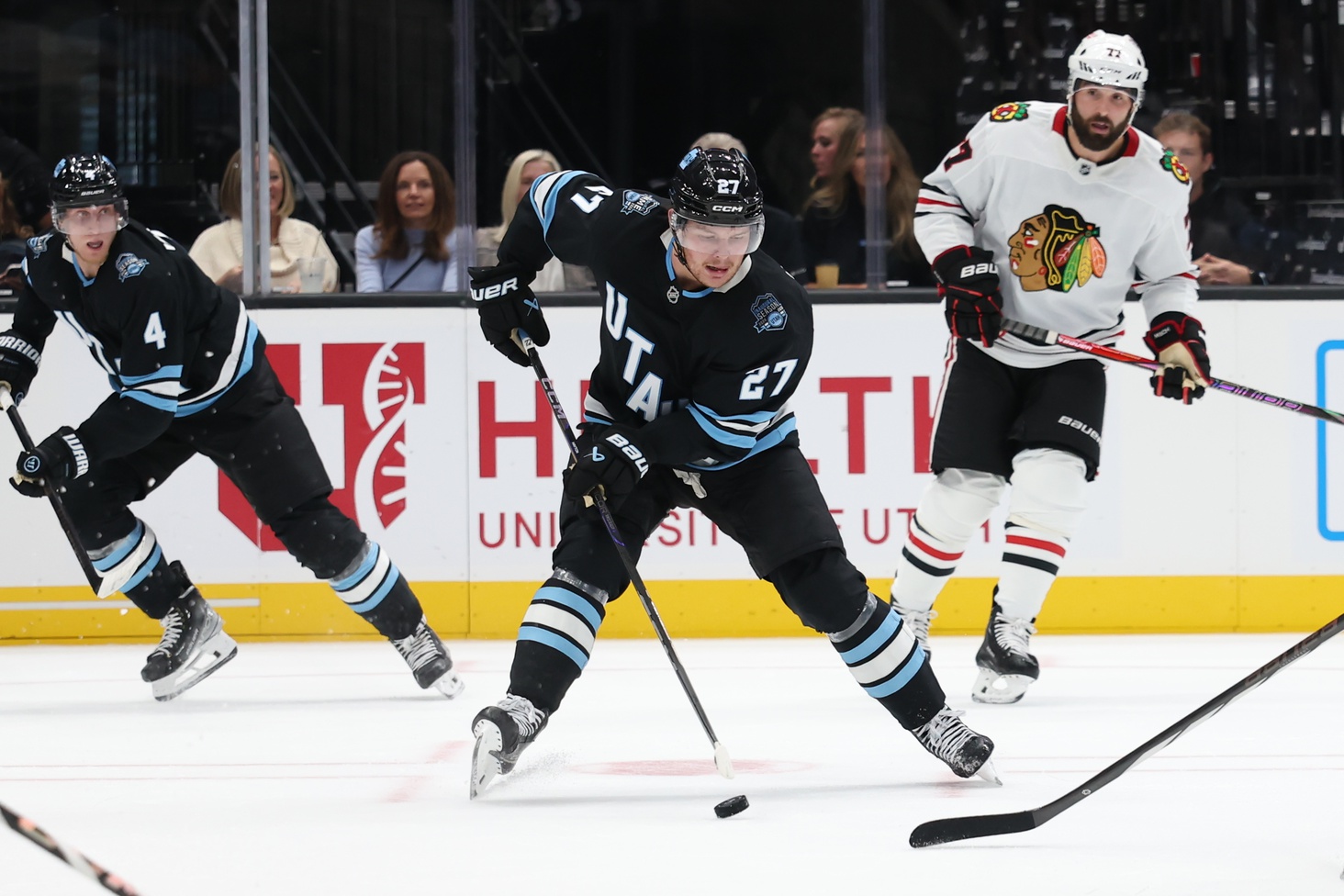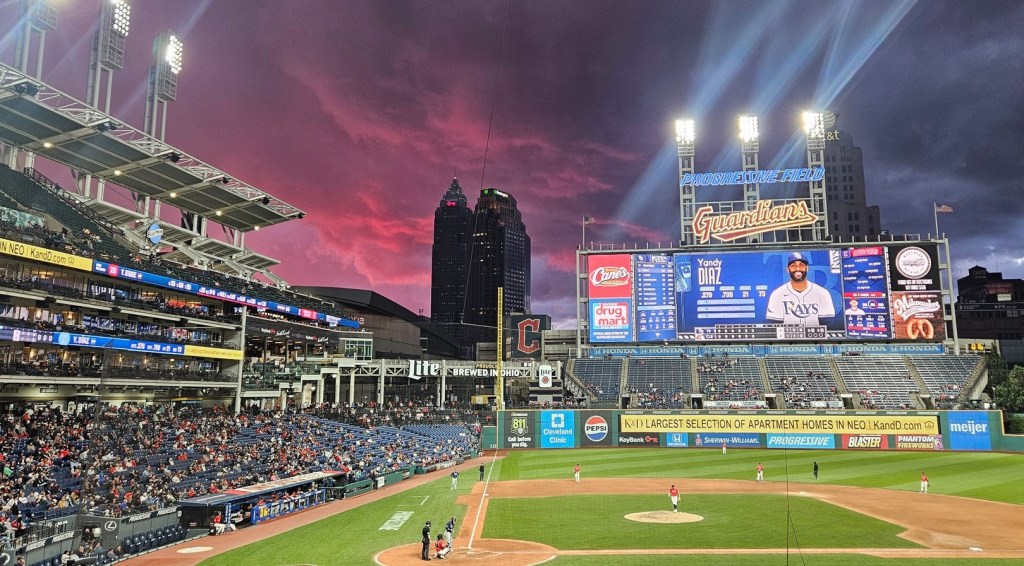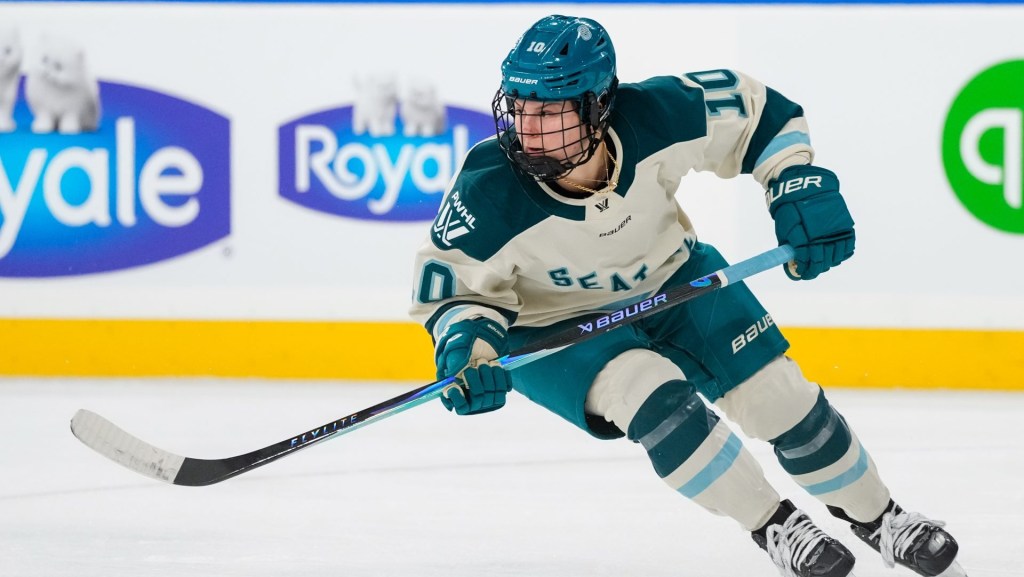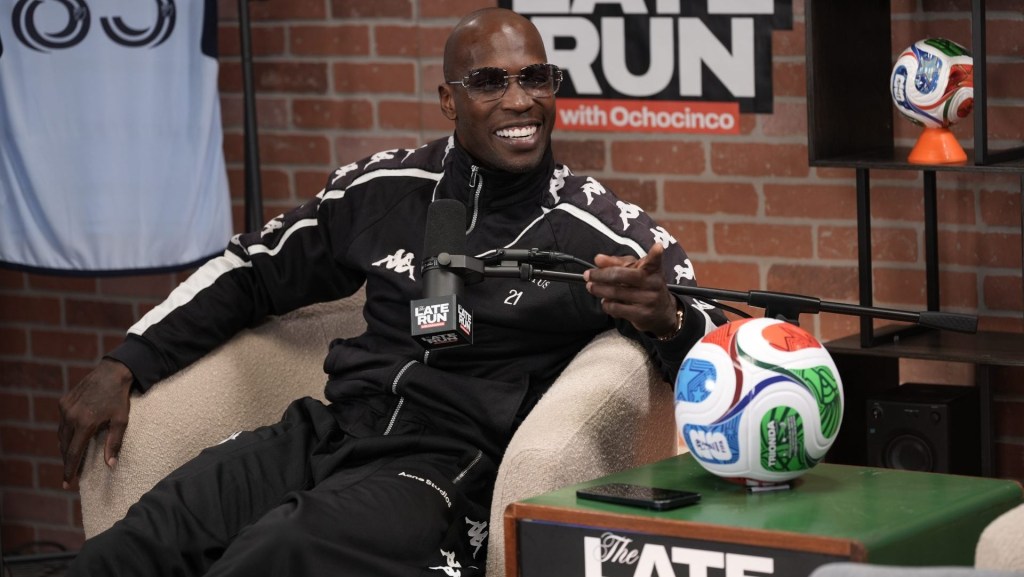SALT LAKE CITY — The Utah Hockey Club’s inaugural regular-season game against the Blackhawks was seen—at least mostly—by a sellout crowd inside Delta Center. Watching the team from home is a more complicated proposition for the NHL’s newest market, especially for customers of the state’s dominant cable company.
Utah HC is one of five NHL teams with a hybrid local distribution model that includes free over-the-air broadcasts and paid streaming offerings that have evolved in the wake of widespread RSN collapse. In this setup, teams—who are footing the bill for production and distribution costs—want their games on cable and satellite providers for them to reach the broadest audience.
NHL commissioner Gary Bettman said before Tuesday’s game he was “disappointed that Comcast Xfinity is declining to carry Utah 16,” a rerun-heavy station owned by Utah’s broadcast partner, Scripps Sports, that hasn’t been picked up by Comcast. Comcast is being asked to pay a retransmission fee to carry Utah 16 (a station Comcast has never carried), a source with knowledge of the discussions tells Front Office Sports.
“I’m hoping that there’ll be a groundswell of demand that will perhaps cause them to reevaluate that position or there are other alternatives,” Bettman said.
The current agreement between Scripps Sports and the Utah HC was made with the Arizona Coyotes before the offseason relocation to Salt Lake City.
This is the new frontier of distribution disputes, not dissimilar to those between RSNs and cable, satellite, and streaming providers that have plagued sports fans for years. In fact, the new Chicago Sports Network RSN—which carries the White Sox and Bulls as well—also hasn’t been picked up by Comcast in the Chicago market.
FOS asked Bettman whether he was concerned that these carriage and retransmission disputes would take a hit on the NHL’s bottom line ahead of negotiations toward a new collective bargaining agreement with the players that will begin in a few months. The current CBA expires after next season.
“No,” Bettman says. “We set a revenue record last year. We anticipate doing it again this year based on the number of clubs and with their arrangements. What we’ve been able to do is to substitute market by market; we think our clubs are going to be fine.”




![[US, Mexico & Canada customers only] Sep 28, 2025; Bethpage, New York, USA; Team USA's Bryson DeChambeau reacts after hitting his approach on the 15th hole during the singles on the final day of competition for the Ryder Cup at Bethpage Black.](https://frontofficesports.com/wp-content/uploads/2026/03/USATSI_27197957_168416386_lowres-scaled.jpg?quality=100&w=1024)


![[Subscription Customers Only] Jun 15, 2025; Seattle, Washington, USA; Botafogo owner John Textor inside the stadium before the match during a group stage match of the 2025 FIFA Club World Cup at Lumen Field.](https://frontofficesports.com/wp-content/uploads/2026/02/USATSI_26465842_168416386_lowres-scaled.jpg?quality=100&w=1024)
![[Subscription Customers Only] Jul 13, 2025; East Rutherford, New Jersey, USA; Chelsea FC midfielder Cole Palmer (10) celebrates winning the final of the 2025 FIFA Club World Cup at MetLife Stadium](https://frontofficesports.com/wp-content/uploads/2026/02/USATSI_26636703-scaled-e1770932227605.jpg?quality=100&w=1024)








